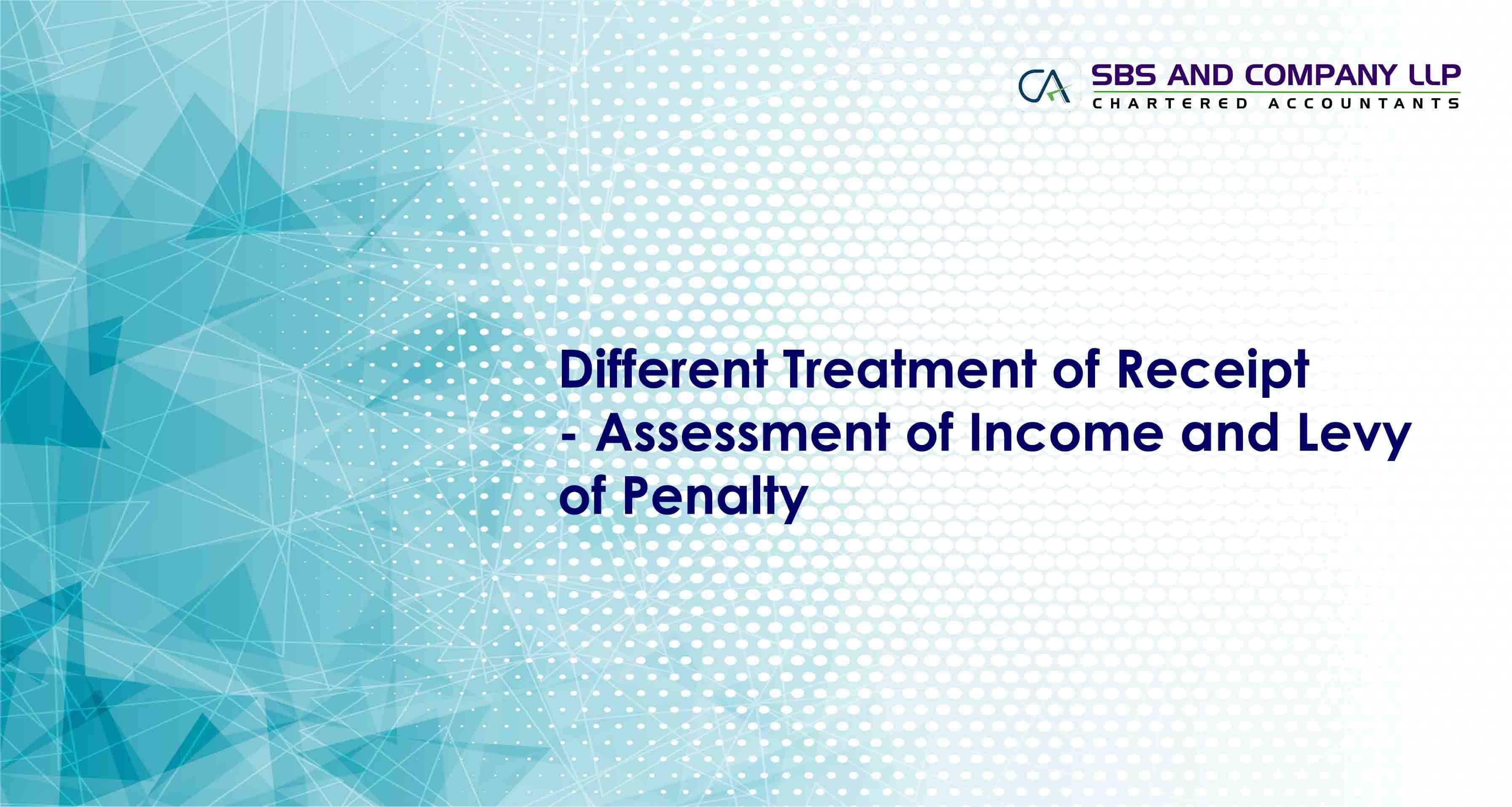The term ‘income’ defined under Section 2(24) of Income Tax Act, 1961 (ITA/Act) is inclusive one. Charge of tax on income is subject to exemptions provided in Section 10 of ITA, 1961. The receipts mentioned in various clauses of Section 10 are not included in computing gross total income there by not part of taxable income for computing tax liability.
First receipt mentioned in Section 10, is income from agriculture. Sec 2(1A) has defined term ‘agricultural income’.Explanation 1 of this section provides that transfer of rural agricultural land is agriculture income.
Section 45 of Act provides that transfer of capital asset as defined under Section 2(14) is chargeable to tax in the year in which year in which transfer takes place. The definition of term ‘capital asset’ excludes rural agricultural land from its scope. Hence transfer of rural agricultural land is not subject to tax under Section 45 of Act.
Full value consideration arising from transfer of capital asset must be considered for the purpose of computing capital gain under Section 48 of Act. Sec 50C of Act provides that for the purpose of computing capital gains the value adopted or assessed or assessable by the Stamp Duty Authority or higher amount is deemed to be full value consideration for computing capital gains.
Issue:
When a rural agricultural land sold for amount higher than value adopted or assessed or assessable by Stamp Duty Authority is excess amount treated as agricultural income, exempt from tax?
The above issue was discussed by ITAT- Chandigarh1 .The assessee in the instant case is an individual. During the year an amount of Rs. 2,46,30,000/- was recovered from the assessee by the police related to a vehicle issue. On the basis of this information, Income Tax Authorities were asked to the assessee about the source of the said fund. In response, the assessee stated that the aforesaid cash was from the sale of his agricultural land.
Assessee has made a statement under Section 131 of Act, that he was an agriculturist and the source of the aforesaid cash was from sale of his agricultural land in rural area.
During the assessment proceedings assessee contend that the actual sale consideration for the land sold is Rs. 2,46,30,000/-. It was further stated that at the instance of purchaser to avoid the stamp duty payable to government the sale deeds were executed at Rs. 42,37,500/-.
Assessing Officer (AO) added Rs. 2,03,92,500/- being the difference between actual consideration and value mentioned in the registered deed under Section 69A of the Act.
AO further levied penalty under Section 271(1)(c) of Act, holding that assessee failed to disclose the source of the amount seized from him which was over and above the consideration mentioned in the sale deed.
Assessee has made an appeal to CIT(A) against the order of the AO. The CIT(A) held that considering the facts and circumstances, evidences and the statements recorded by the parties the amount seized of Rs. 2,03,92,500/- was on account of sale consideration of his agricultural land and no addition was warranted in the hands of assessee under Section 69A.
CIT(A) deleted the penalty levied by observing that assessee had disclosed particulars of income in the return of income and further assessee had also disclosed the source of income being the sale consideration from the sale of the land.
Revenue has filed an appeal against the order of CIT(A) before ITAT.
ITAT held that once both the parties to the transaction had made to believe not only public authority but public at large that the transaction relating to purchase or sale of land between them was settled at a particular consideration, subsequently they are estopped from their act and conduct to plead that the actual consideration was at variance of the earlier representation.
ITAT further held that the assessee has been a party to the conspiracy resulting into revenue loss to the state exchequer. The extra amount received towards sale consideration of land be construed as amount paid for the execution of the registered deed of sale of land and not for the sale of land itself. The same has to be taxed as income from other sources.
ITAT relying on decision of jurisdictional High Court2 holding the inadmissibility of oral evidence in the presence of registered deed held that nature of receipt of the income over and above registered sale considerations in the hands of assessee will not fall under Capital Gains.
On penalty issue ITAT held that assessee had disclosed the source being the amount received on sale of land.
ITAT further held that assessee under bonafide belief that land being an agricultural rural land falling outside purview of the definition of a capital asset, income therefrom was exempt from tax has not offered the same for taxation. Hence it is not the case of furnishing of inaccurate particulars or concealment of income.
Our comments: - Tribunal while determining the nature of receipt concluded that the excess amount received is chargeable to tax at the same time deleted order of levy of penalty by supporting the view that assessee with bonafide intention may contend that the income from transfer of rural agriculture land as exempt from tax.
The assessee should have stressed more on non-taxability of receipt as it was from transfer of rural agricultural land. The tribunal has relied on Sec 91 and 92 of Indian Evidence Act while deciding the nature of income.



